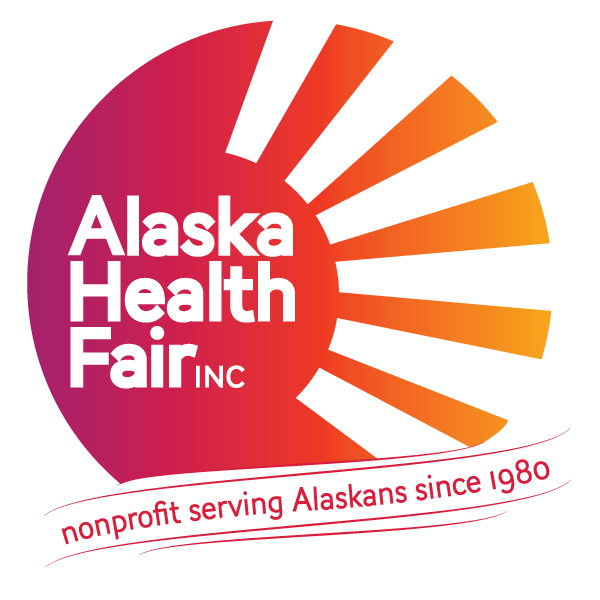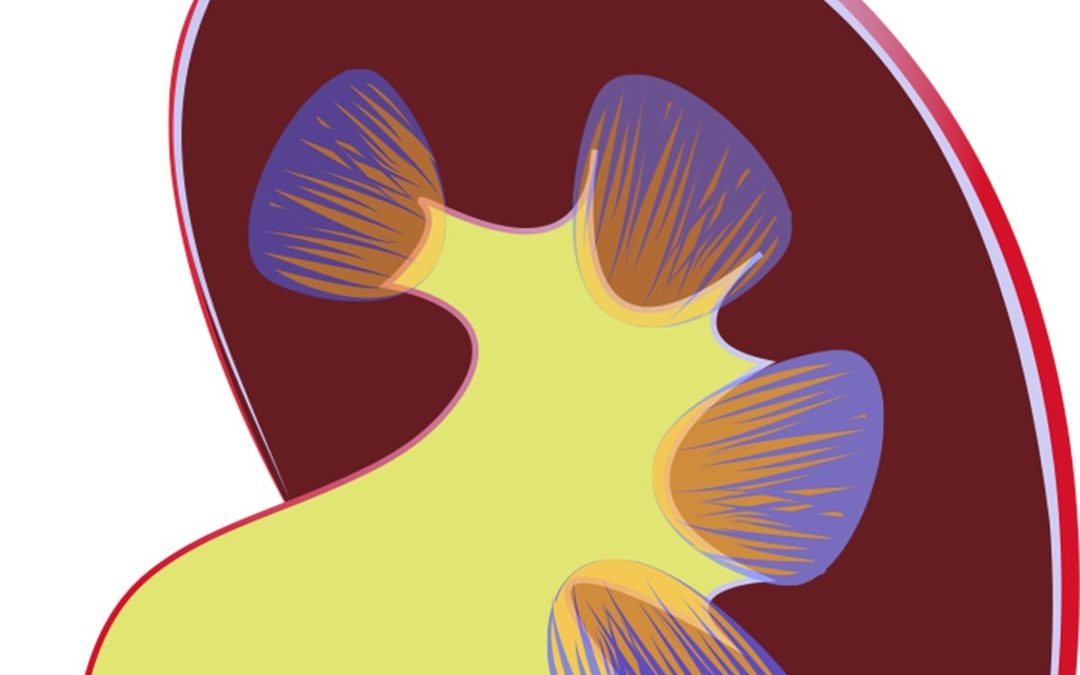Why should I be checked for kidney disease?
Diabetes and high blood pressure can damage the kidneys and lead to kidney disease. You need to get checked for kidney disease if you have one of these conditions. Here are some other reasons to get checked:
- Early kidney disease has no signs or symptoms. The only way to know if you have kidney disease is to get checked for it.
- Kidney disease usually does not go away. It may get worse over time and can lead to kidney failure. If your kidneys fail, you may need to go on dialysis or have a kidney transplant to maintain health.
- Kidney disease can be treated. The sooner you know you have kidney disease, the sooner you can get treatment to help delay or prevent kidney failure. Treating kidney disease may also help prevent heart disease.
Diabetes and high blood pressure are not the only risk factors for kidney disease. You should also be checked if you have:
- Heart disease (cardiovascular disease) or
- A mother, father, sister or brother with kidney disease.
How will I be checked for kidney disease?
Two tests are used to check for kidney disease.
- A blood test checks your GFR which tells how well your kidneys are filtering. GFR stands for glomerular filtration rate.
- A GFR of 60 or higher is in the normal range.
- A GFR of below 60 may mean kidney disease.
- A GFR of 15 or lower may mean kidney failure.
- You can check your GFR by having a blood test at a local Health Fair.
- A urine test checks for albumin in your urine. Albumin is a protein that can pass into the urine when the kidneys are damaged.
Steps you can take to keep your kidneys healthy:
- Manage your diabetes and keep your blood pressure at the level set by your health care provider. This means eating healthy and cutting back on salt. It also means being active and taking medicines as prescribed.
- Get checked for kidney disease. The sooner you know you have kidney disease, the sooner it can be treated.
At your next health care visit, make sure you learn:
- Your blood pressure
- Your GFR
- The amount of albumin in your urine
- Your blood glucose
This information and additional information on kidney health can be found at the National Kidney Disease Education Program or www.nkdep.nih.gov
Contributed by
Linda Vlastuin, RN, MS,
AHF and Alaska Kidney Foundation Kidney Health Educator

